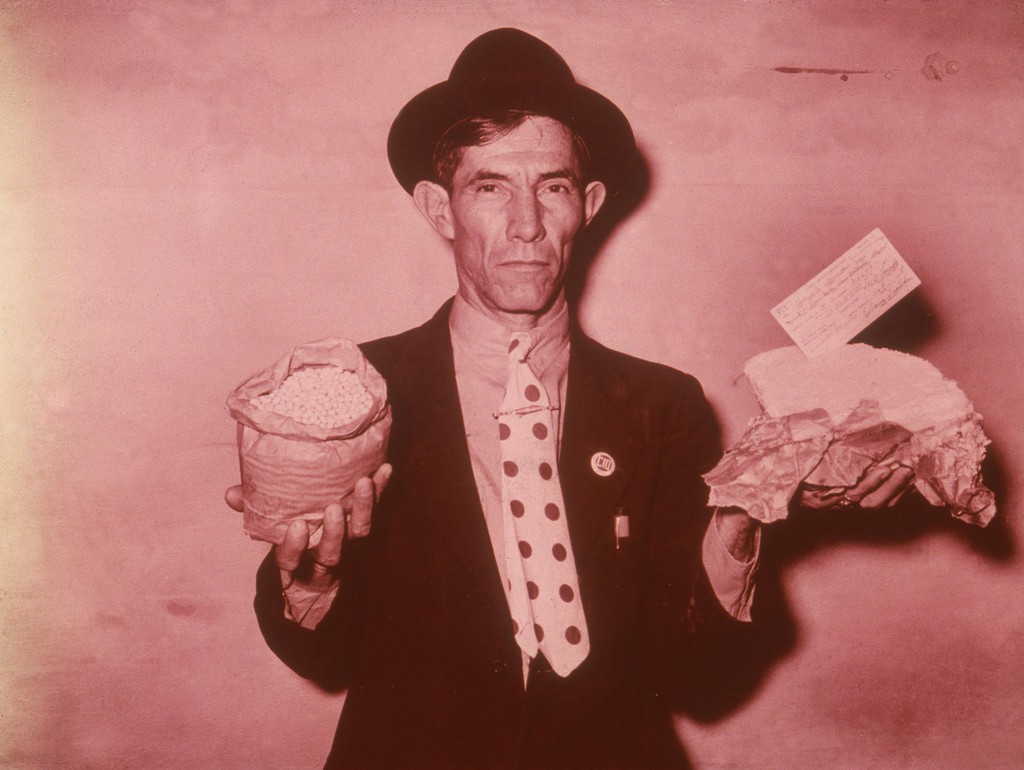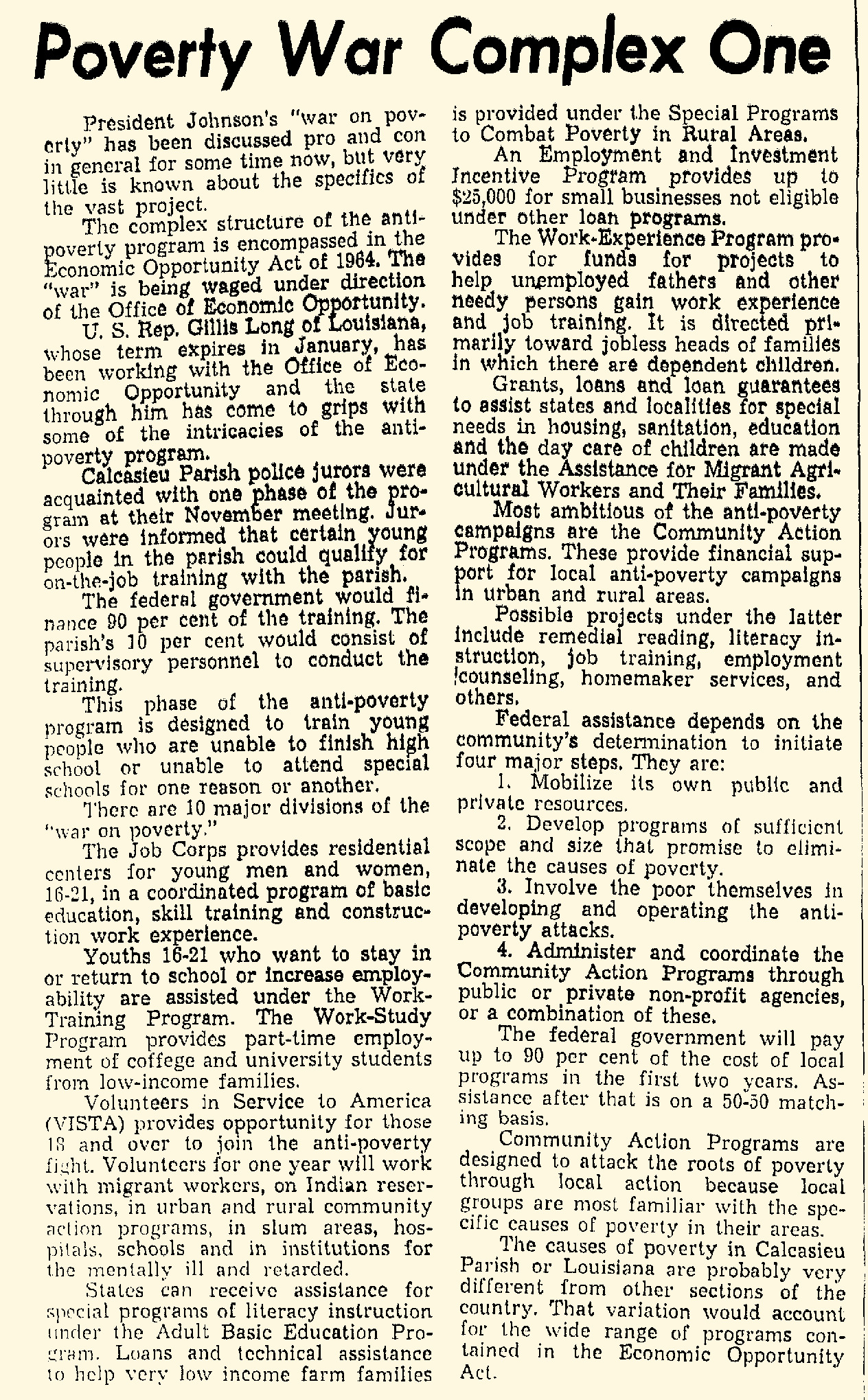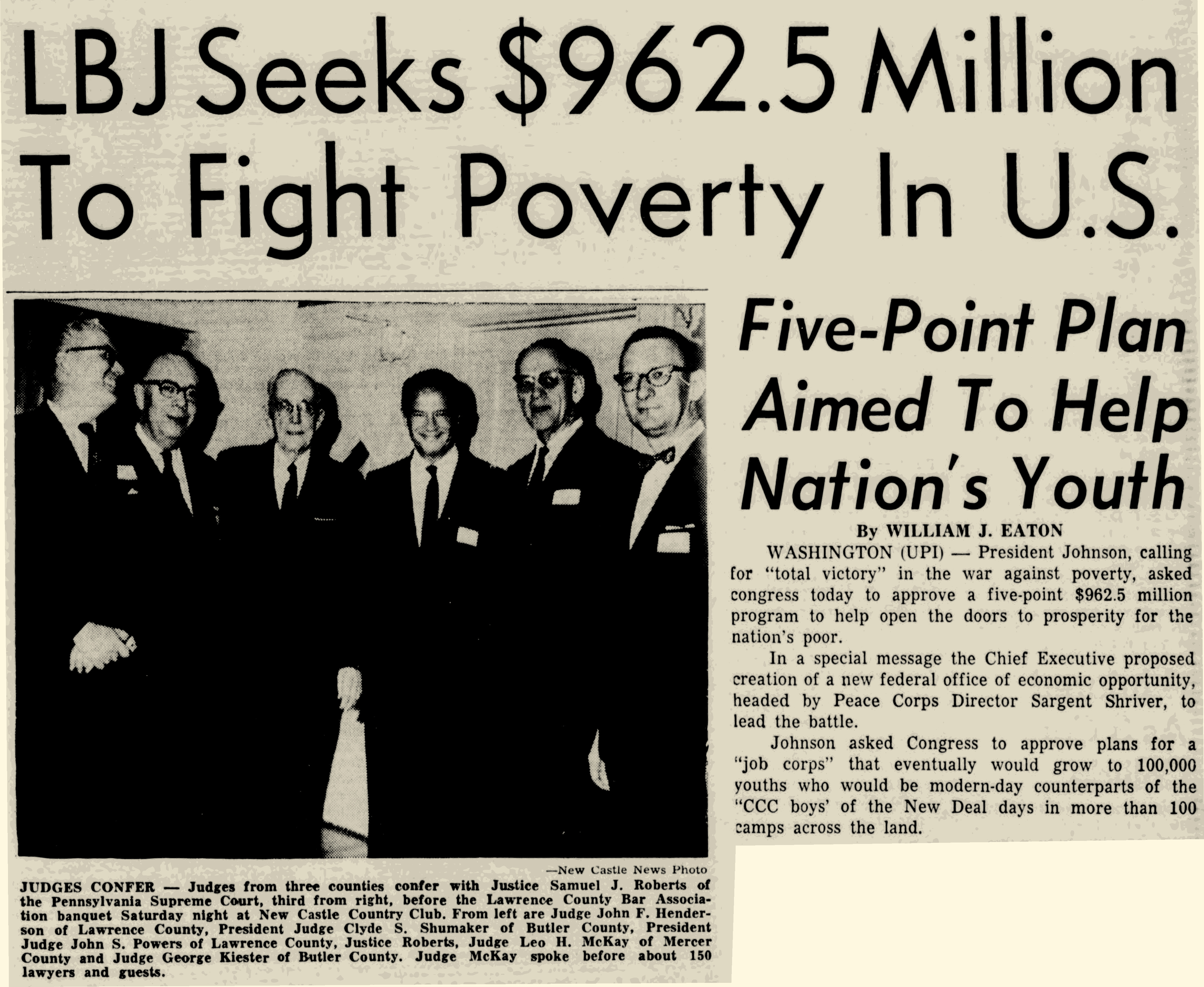Twenty percent of the population was living under the poverty line in 1964, which is why Johnson and his administration decided to launch a War on Poverty. This established the Office of Economic Opportunity that would create and supervise new programs such as job training, Job Corps and other local centers that would help those in need. The Great Society also established many programs that are used today such as Medicare, Medicaid, Food Stamps, and Head Start.
Johnson strongly believed in education and believed that everyone had a right to it. He thought that those in poverty should also get an education as he believed that “Poverty must not be a bar to learning, and learning must offer an escape from poverty.” Due to this, his administration created programs such as Head Start, a federally funded program that provides early education to children in low-income families. Additionally, the Office of Economic Opportunity created the College Assistance Migrant Program (CAMP) in 1972.
 Pecan Worker displaying relief supplies meant to last a week.
Pecan Worker displaying relief supplies meant to last a week.

